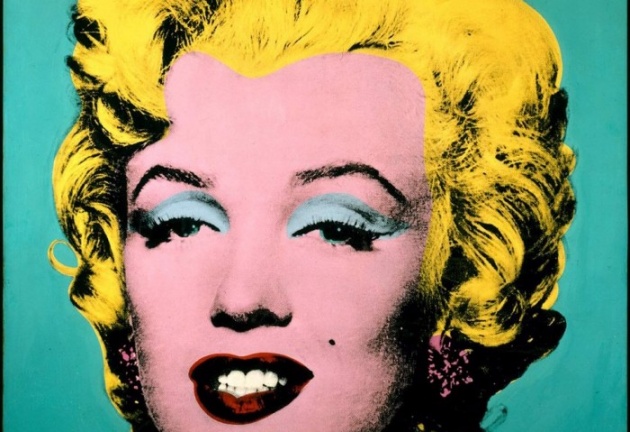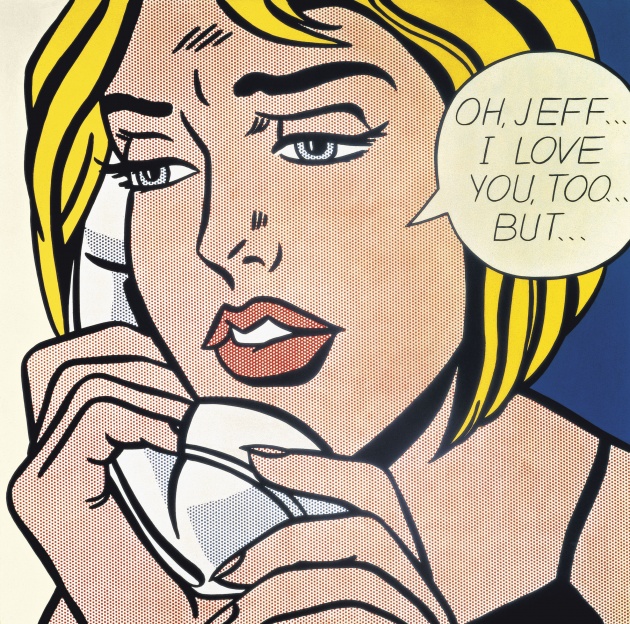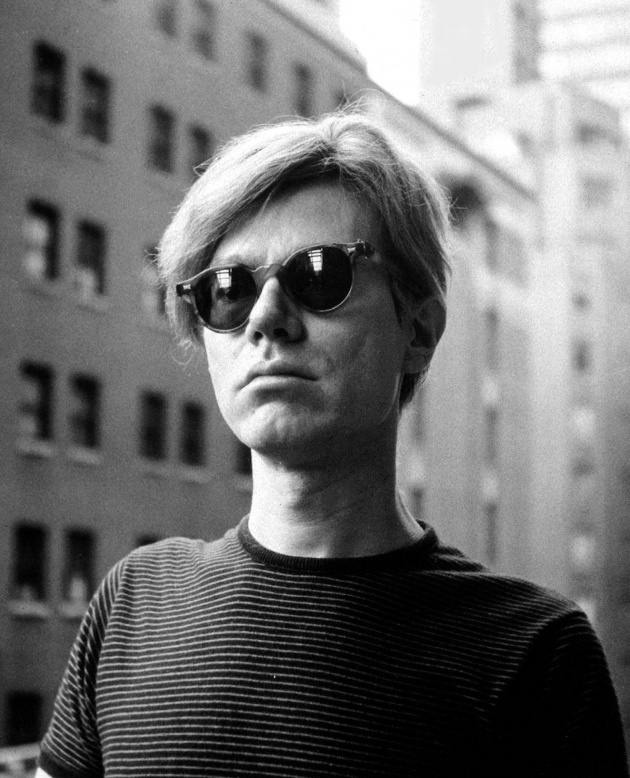What makes one work of art appear more original than a separate work? Is it simply style, color, medium, subject or the mind and body of the artist working simultaneously that ultimately create what we call a ‘masterpiece’? Then again, if the mind of the artist takes its ideas from the works of other artists, is it original or simply theft?
These are just some questions that run through my head when I hear someone say that a work of art is very ‘original’ or ‘unique’ while attending any art gallery. Pastiche or the deliberate imitation of a work of art has been around for centuries, and yet we continue to use the term ‘original’ when examining a work of art.
So when does art lose originality? Well, it’s tough to say but one thing is for sure, countless repetition surely does not help the cause but it does get the ball rolling on the road to creating a ‘masterpiece’.
Even though it sounds like I’m speaking in tongues, what I mean to say is, an artist is not considered original in his or her ‘style’ unless they repeat the method at least a couple of times. For instance, artists may not know they’ve found their ‘style’ until they see the last work in the series.
Just to clarify my thoughts a great example is found with the iconic Andy Warhol. We would not know that Pop Art was his ‘style’ unless we saw at least a dozen or so works. Interestingly enough, Roy Lichtenstein was another great Pop Artist during the same era as Warhol with a very similar style.
So who came first? Who is more original? Both are. Lichtenstein stated, “My work is entirely transformed in that my purpose and perception are entirely different.” So, our minds develop the ‘original’ work; but how can the public see it the same way, as your original style as opposed to mine?
The only way to keep ‘originality’ within your work is through monitored repetition, because the abuse of repetition will ultimately become what we call ‘popular culture’. Thus, art temporarily feigns originality through repetition. Don’t you agree?

PhotoCredits from Top: Cayusa/ Flickr; Greatovergood.com; Estate of Roy Lichtenstein; Editebro Associazione Culturale



